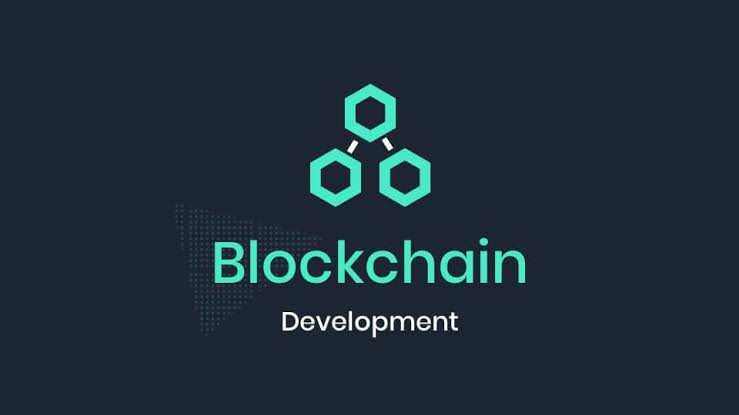
Blockchain Developer Training: 8-Week Course Launch
The team behind the Ethereum layer-2 base network announced on October 20 that it will launch an eight-week training program to transform traditional software developers into blockchain developers.
The new program, entitled “Base Bootcamp,” is free to participate in. However, it is intended for “middle- to senior-level software engineering individual contributors,” and students must apply and be accepted to enroll.
The announcement stated that fewer than twenty students will be accepted into each “cohort” or class and that the team will cease accepting applications on October 27.
Base stated in its announcement that the initiative is necessary because the majority of software developers do not yet know how to create Web3 applications.
“Today, there are fewer than 30,000 onchain developers,” they explained, “compared to nearly 30 million software developers.” This indicates that only 0.1% of software developers are Web3 professionals.
The team released a publicly accessible online training program dubbed “Base Camp” earlier in the year. However, they determined that this was insufficient because “maintaining the motivation to learn a complex new skill on your own can be difficult.”
They assert that Base Bootcamp will offer more assistance to developers who do not wish to study independently. Each student in the base bootcamp will be assigned a mentor with whom they will meet each week.
It will also grant them access to a team of Coinbase and Base engineers who will be available to address questions during office hours.
Students will be able to communicate with each other and with base engineers via a private Discord server, and they will receive additional assignments that will be graded by team members.
After the program, students will be required to develop and exhibit their own Web3 application. Although there is no tuition for the program, students are required to put up 1 Ether as a deposit to ensure they complete it.
According to the team, this deposit will be returned to the pupil upon graduation. In the industry, the dearth of qualified Web3 developers is frequently cited as a problem.
As a solution to the issue, some Australian educators have proposed teaching Web3 development in secondary schools. Other companies have attempted to develop tools that simplify Web3 development.
For instance, Circle has recently released a set of tools that enable developers to deploy contracts using conventional Web2 methods.





